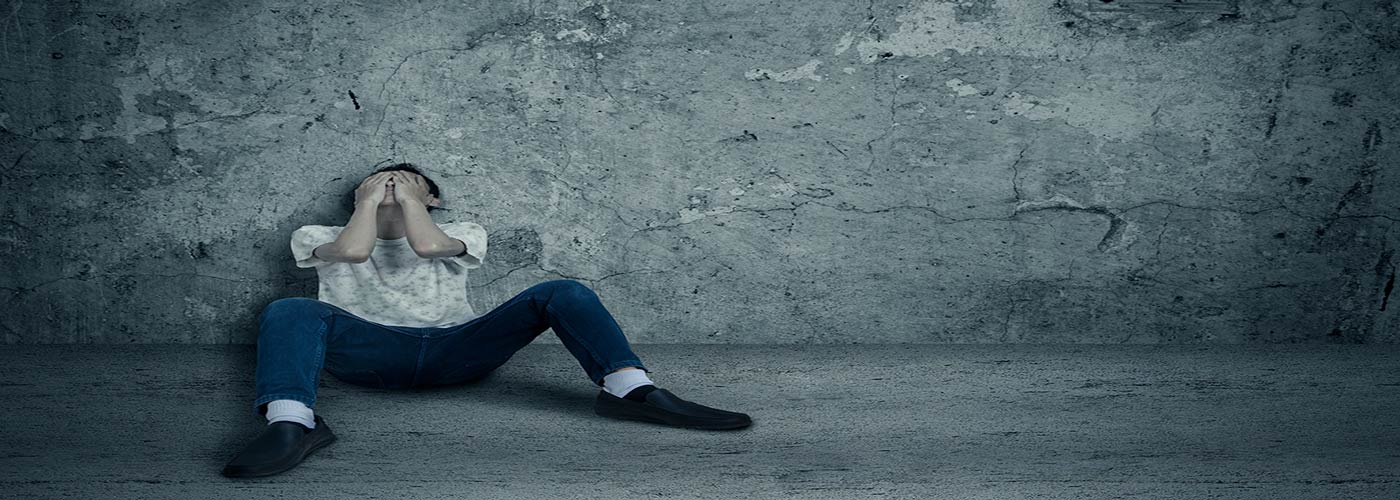Hallucinogens are drugs that cause hallucinations. These drugs alter the user’s thinking and perception in such a way that they significantly distort one’s reality. Most hallucinogens out there are classified as a Schedule 1 controlled substance. This means they have no known medicinal uses as far as the law goes and also have a high potential for abuse which includes physical and psychological dependence. Common examples of classic and most widely known hallucinogens include:
- LSD
- Magic Mushrooms (Psilocybin)
- Peyote (Mescaline)
- DMT
On the other hand, the most common examples of dissociative hallucinogen drugs include:
- PCP (Phencyclidine)
- Ketamine
- DXM (Cough medicine)
- Salvia
Table of Contents
Why You Shouldn’t Use Hallucinogens
Hallucinogens have many different short terms and long term side effects as well as adverse effects on the brain. Research into hallucinogens says that classic hallucinogens work by partially interrupting communication between the chemical systems throughout the brain and the spinal cord. Many hallucinogens also interfere with the action of the chemical in the brain called serotonin which regulates things like
- Mood
- Sensory perception
- Hunger
- Sleep
- Intestinal muscle control
- Body temperature
- Sexual behavior
Dissociative hallucinogens interfere with the actions of the brain chemical glutamate, which regulates the following:
- Pain perception
- Emotions
- Learning memory
- Responses to memory
There are to long-term effects that are commonly associated with the use of hallucinogens. The first is known as Persistent Psychosis, which is a series of continuing mental issues including visual disturbances, disorganized thinking, paranoia, and mood changes. The other is known as Hallucinogen Persisting Perception Disorder or HPPD. This includes a recurrence of certain drug experiences like hallucinations and other visual disturbances. Flashbacks like these often happen without warning and can persist for more than a year after the use of the drug. These symptoms can sometimes even be mistaken for other problems like a brain tumor or a stroke.
Bad Trips Can Be Dangerous
Another reason not to use hallucinogens is because of something called a “bad trip”. Many different things can increase the probability of having a bad trip, but anyone using hallucinogens is at risk of having this happen. Bad trips can vary a bit from mild to intense and can cause overwhelming and frightening hallucinations and delusions that lead to accidents. These accidents can also occur during a normal trip, however during a bad trip people can develop delusional beliefs that can put them in danger like a person believing they can fly. Delusions such as these are serious and death has happened in these situations. Like previously mentioned, anyone can experience a bad trip, but some things can increase the risk including:
- Taking higher doses of the drug
- Being in a negative headspace before using and while using the drug
- Being somewhere with excessive stimulation
- Using depressants like alcohol at the same time
- Being by yourself while using the drugs
- Not drinking enough water.
As the effects of the hallucinogen begin to wear off there is a range of effects a person will feel. After feeling extremely high up from the drugs for so long, a person will often crash and feel the opposite by feeling extremely down. A person will feel extreme depression, anxiety, panic attacks, and even psychosis.
Get the Help You Need
We offer many different addiction treatment programs that provide therapeutic education and guidance for each individual to help them safely reintegrate into society. sober from drugs isn’t an easy thing to face. Luckily you do not have to face it on your own. Our admissions counselors and professionals are available around the clock. We are ready to help you or a loved one overcome what is ailing you. Now is the time to change your life. Let us help you do it.


